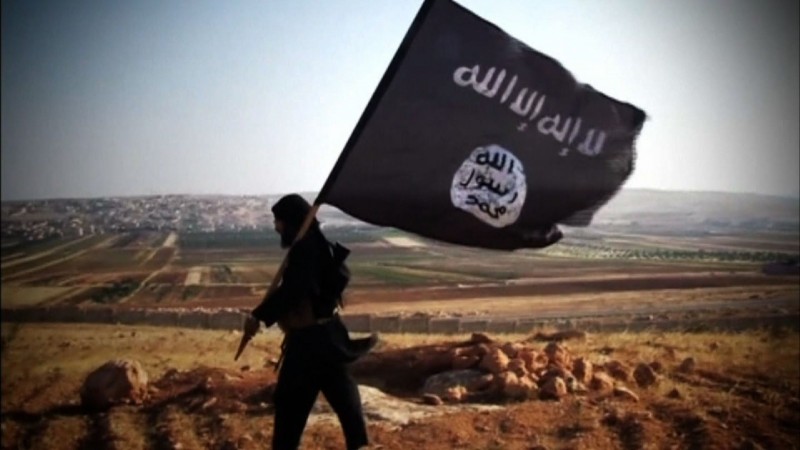Money is power, and that is no different for politicians or businessmen- or terrorists. Behind the phenomena of fundamentalism and political violence is the ever-present element of economic interest. The world we are living in today, and the neoliberal system that has taken a hold of almost every market economy in the planet has created a variety of actors that, first and foremost, seek their own economic benefit. Terrorism, one of the biggest global threats of the twenty-first century, represents the largest enemy that the Western world wishes to defeat. One of the most effective ways to do so would be by cutting off the flow of all economic and military resources to terrorist organizations. However, groups like Al-Qaeda, and more recently the Islamic State (ISIS), seem to be very well-funded with a constant flow of resources. How is this possible? Where are these funds coming from? And in reality, who is interested in keeping groups like ISIS alive? Although the US seems to have endorsed a campaign to dismantle terrorist financing after 9/11, today ISIS represents the wealthiest terrorist organization in the world at a worth close to $2…
What Keeps ISIS Running: the Funding and Support of a Terror Organization
May 11, 2015




